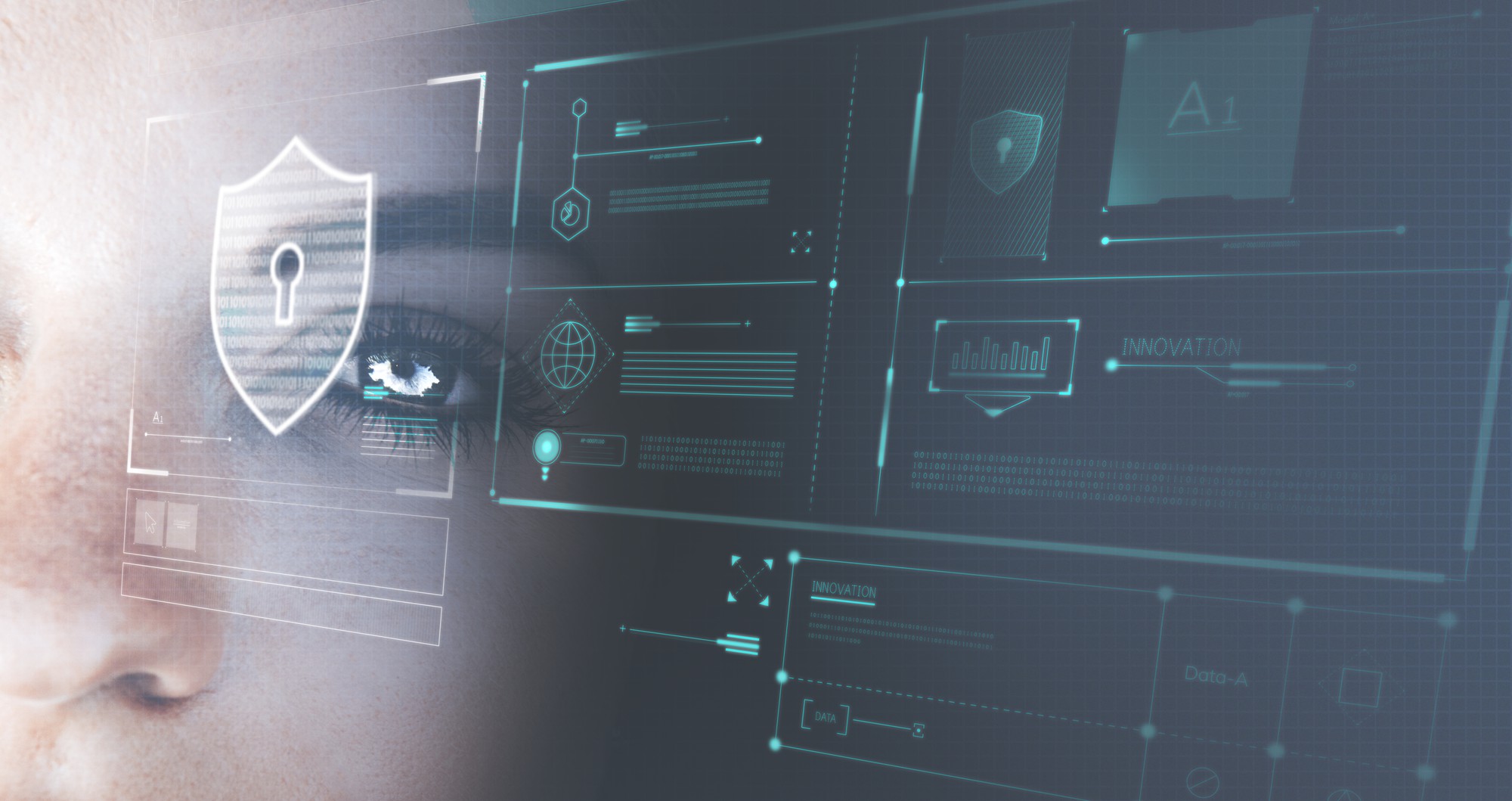ISO 27001: Protecting Information Security in the Digital Age

In the digital era, information security has become a top priority for organizations across all sectors. With cyber threats evolving and data breaches becoming more frequent, businesses need robust systems to protect their sensitive information. ISO 27001, an internationally recognized standard for information security management systems (ISMS), provides a framework for securing information and mitigating risks. By implementing ISO 27001, companies can demonstrate their commitment to protecting data while building trust among stakeholders and customers.
What is ISO 27001?
ISO 27001 is a standard developed by the International Organization for Standardization (ISO) that focuses on information security management. It outlines specific controls and processes that organizations can adopt to secure sensitive information, from personal data to intellectual property. The certification process involves a thorough risk assessment, as well as the implementation of security controls designed to safeguard against threats like unauthorized access, hacking, and data loss.
According to a study by Seidor, “ISO 27001 helps organizations establish and maintain a robust information security framework by identifying and managing risks in a systematic way” (Seidor, 2024).
Key Benefits of ISO 27001 Certification
ISO 27001 certification is more than just a compliance requirement; it offers numerous advantages for businesses aiming to improve their information security and build credibility in the digital age.
-
Strengthened Data Protection
One of the primary benefits of ISO 27001 is enhanced data protection. The standard outlines measures to secure data both in transit and at rest, ensuring that sensitive information is shielded from internal and external threats. This is crucial in industries like finance, healthcare, and IT, where data security is paramount. Research from MDPI highlights that “organizations implementing ISO 27001 have significantly reduced data breaches due to the effective risk management practices promoted by the standard” (MDPI, 2024).
-
Compliance with Legal and Regulatory Requirements
ISO 27001 helps businesses comply with local and international regulations concerning data protection. Whether it's GDPR in Europe or HIPAA in the United States, having ISO 27001 certification ensures that your organization adheres to the best practices for data security and privacy. Compliance is a crucial factor in avoiding hefty fines and protecting the company’s reputation.
-
Enhanced Customer and Partner Trust
With cyberattacks on the rise, customers and partners want assurance that their data is secure. ISO 27001 provides a strong foundation for building trust. By demonstrating a commitment to high security standards, businesses can attract new clients and strengthen relationships with existing ones. According to a report by Barr Advisory, “ISO 27001 certification is increasingly seen as a prerequisite by clients looking to engage with vendors and partners that take information security seriously” (Barr Advisory, 2024).
-
Continuous Improvement of Security Practices
ISO 27001 is not a one-time certification. The standard encourages ongoing monitoring, evaluation, and improvement of security practices. This helps businesses stay ahead of emerging threats and adapt to new security challenges over time. As noted in a study published by ScienceDirect, “the continuous cycle of improvement in ISO 27001 ensures that companies are not only reactive but proactive in their information security measures” (ScienceDirect, 2024).
The ISO 27001 Certification Process
The road to ISO 27001 certification involves several steps, starting with a gap analysis to assess the current state of the organization’s information security. Once gaps are identified, companies must implement the necessary controls, conduct a risk assessment, and document all processes. After this, an external auditor evaluates the organization’s ISMS to determine if it meets ISO 27001 requirements. If successful, the company receives certification.
Secure Your Information with ISO 27001
Investing in ISO 27001 certification is a proactive step towards protecting your business in the digital age. Whether you want to safeguard customer data, comply with regulations, or build trust with partners, ISO 27001 can help you achieve these goals. Explore ISO 27001 training and certification opportunities at training-indonesia.org to strengthen your information security framework.
In today’s rapidly evolving digital landscape, the importance of information security cannot be overstated. ISO 27001 provides a comprehensive framework to protect sensitive information, ensuring businesses can operate securely while building trust with customers and partners. By adopting ISO 27001, organizations not only mitigate risks but also position themselves as leaders in security and compliance in the digital age.
Reference
-
Seidor, ISO 27001: Protecting Sensitive Information in the Digital Age (2024). Retrieved from: https://www.seidor.com/blog/iso-27001-protecting-sensitive-information-digital-age
-
MDPI, Effectiveness of ISO 27001 in Reducing Data Breaches (2024). Retrieved from: https://www.mdpi.com/2071-1050/15/7/5828
-
ScienceDirect, Continuous Improvement in Information Security Through ISO 27001 (2024). Retrieved from: https://www.sciencedirect.com/science/article/abs/pii/S0267364914000272
-
Barr Advisory, ISO 27001: A Prerequisite for Information Security (2024). Retrieved from: https://www.startlandnews.com/2024/10/barr-advisory-iso-27001/
Image by freepik: Free Photo | Eye of a futuristic robot
Related News
ISO 27001: Melindungi Keamanan Informasi di Era Digital
Di era digital, keamanan informasi menjadi prioritas utama bagi organisasi di berbagai sektor. Dengan semakin berkembangnya ancaman siber dan meningkatnya kasus kebocoran data.
Understanding ISO 14001 for Environmental Management
ISO 14001 is an internationally recognized standard for environmental management systems (EMS).
Mempersiapkan Gen Z Indonesia untuk Dunia Kerja: Strategi Pelatihan Perusahaan yang Efektif
Generasi Z, yang berusia 12–27 tahun pada 2024, kini menjadi kekuatan baru di dunia kerja.
Preparing Indonesia's Gen Z for the Workforce: Effective Corporate Training Strategies
As the youngest generation entering the workforce, Gen Z (ages 12–27 as of 2024) is reshaping the future of work.
Trends in Skills and Training for 2025: Preparing the Workforce for a Dynamic Future
In today’s fast-paced world, the importance of skills training and Learning and Development (L&D) has never been greater.
Upcoming Training





